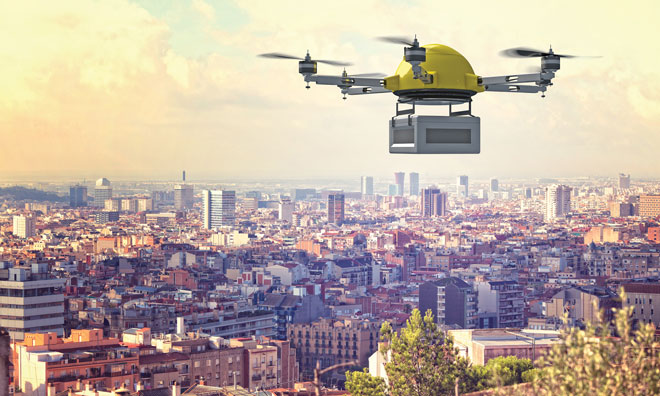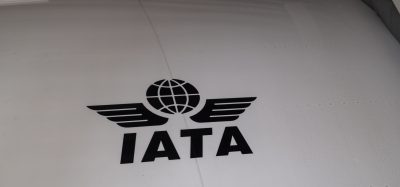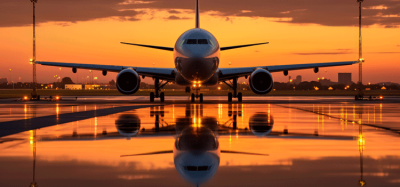ICAO urges cooperation towards harmonised airspace management for drones
- Like
- Digg
- Del
- Tumblr
- VKontakte
- Buffer
- Love This
- Odnoklassniki
- Meneame
- Blogger
- Amazon
- Yahoo Mail
- Gmail
- AOL
- Newsvine
- HackerNews
- Evernote
- MySpace
- Mail.ru
- Viadeo
- Line
- Comments
- Yummly
- SMS
- Viber
- Telegram
- Subscribe
- Skype
- Facebook Messenger
- Kakao
- LiveJournal
- Yammer
- Edgar
- Fintel
- Mix
- Instapaper
- Copy Link
Posted: 18 July 2017 | International Airport Review | No comments yet
Opening the ICAO Remotely Piloted Aircraft Systems Symposium in Abuja yesterday, ICAO Council President Dr. Olumuyiwa Benard Aliu stressed the importance of a globally coherent regulatory framework for the management of unmanned air traffic.


“If you consider a company envisaging a global drone fleet to enhance its deliveries, the value of having a myriad of domestic national regulations aligned via globally harmonised international standards becomes clearly apparent,” President Aliu remarked.
He also stressed the complexity of this task, notably in terms of the tremendous diversity of types and applications of Unmanned Aircraft Systems (UAS), and the need to place safety first. “States are facing increasing pressure to open the door widely for unmanned aircraft, and while their socio-economic benefits seem clear, we must avoid the tendency to rush headlong into unmanned aircraft system operational frameworks which have not benefited from all due diligence and the careful regard required for existing airspace users.”
The ICAO RPAS Symposium provided an important and timely opportunity for operators and regulators to contribute their expertise to the airspace management framework ICAO will be developing. The UN specialised agency recently requested national governments, industry, academia and other stakeholders to submit concept proposals as of 15 July, and these will be reviewed by ICAO’s UAS Advisory Group (UAS-AG) to assess their validity. Selected submissions will then be presented at ‘DroneEnable’, ICAO’s upcoming UAS Industry Symposium.
In making these points, President Aliu noted that the implementation of the regulations demanded by UAS operations will likely increase the burden on States in terms of human resources. He highlighted ICAO’s efforts to address this challenge, pointing in particular to its current collaboration with the African Civil Aviation Commission (AFCAC) on the ICAO Human Resources Development Fund (HRDF).
Dr. Aliu further expressed his optimism about UAS operations and the contributions they will make to socio-economic development in Africa and around the world.
“We are already seeing new businesses and humanitarian operations leveraging these technologies and the opportunities they offer. This is occurring in ways that we had not envisioned even just a decade ago, and this evolution and innovation will only continue as more and more people allow their imaginations to take off, literally and figuratively,” he said.
Related topics
Air traffic control/management (ATC/ATM), Drones, Regulation and Legislation


















